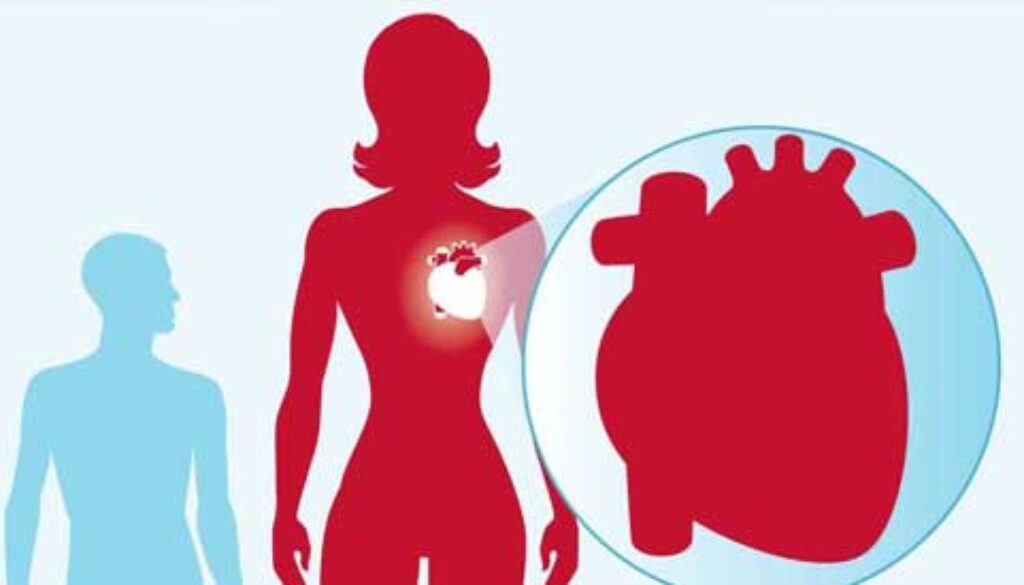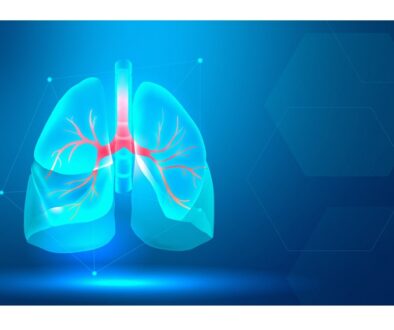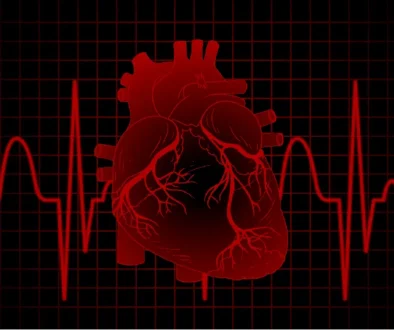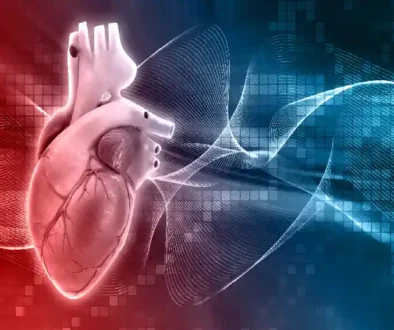Never Ignore These Signs of Heart Disease
5 Most Common Signs of Heart Disease That You May Miss
Most common signs of heart disease: Does chest pain always present in people with heart diseases? How is silent heart attacks different? What are the prominent signs of a heart attack?
The signs and symptoms associated with heart valve disease and heart failure are different, but intense chest pain is linked to heart attacks. Does severe chest pain indicate any other health issue? Let us understand more about the irregular heartbeats and other symptoms that could be the potential signs and symptoms of heart diseases.
5 Most Common Signs of Heart Disease
Palpitations
Palpitations are nothing but heartbeats that are rapid and irregular. Most palpitations are not harmful as you may experience those when you are anxious when your body is dehydrated; when your body is deprived of electrolytes or when you take caffeine.
Palpitations can also be a sign of heart trouble. You should keep an eye on your palpitations including when you feel; the number of times they occur; and by doing what sort of activity you are experiencing them.
If you get sudden palpitations when you are resting, then pay attention and inform your doctor about this.
Shortness of breath
As far as shortness of breath is concerned, you should, first of all, understand this: to what extent are you experiencing and when are you experiencing it; the type of activity you are involved in. For instance, if you experience shortness of breath by doing a small activity, then your heart could be in trouble.
For instance, if you climb up to two to three floors by stairs, then experiencing shortness of breath is not a problem, but when you climb just 10 to 15 steps and start taking deep breaths – and feel shortness of breath, then you must take it seriously and bring it to your doctor’s notice.
Unexplained pains or aches
The heart is overburned when coronary artery disease causes blockage of blood supply to the heart muscle, which leads to a state wherein your heart works harder to pump blood. When your heart is deprived of nutrients and oxygen, your heart muscles begin to suffer. When this happens, you start to feel chest pain and pains in other parts of the body.
The pain is not always felt in the chest – but is felt in the arms, shoulders, jaw, or abdomen. Exercise increases the pain in these locations and with rest, the pain disappears – this could be an indication of heart disease.
Interestingly, heart pain in women is different. A majority of the women don’t feel pain in the chest – they rather feel pain in the upper abdomen and back associated with fatigue and extreme weakness.
Intense Weakness or Fatigue
Intense weakness or fatigue can be a potential sign of heart disease – some people experience intense fatigue on the day of a heart attack and also during the days leading up to a heart attack. Though fatigue can also be caused by several other conditions, it can also indicate heart failure – wherein the heart fails to pump efficiently. The weakness sometimes becomes very severe – owing to this, it becomes difficult even to walk or hold something with hands. In general, any activity that a person used to do with ease becomes quite troublesome to do. For instance, lifting a 2 Kg weight may seem very challenging.
Persistent pain
In many cases, persistent cough can be due to several reasons, but it could also mean you have heart trouble or heart disease. If you have other risk factors for heart disease, then you must pay special attention to your persistent cough. A long-lasting or persistent cough with pink or white mucus could be a sign of heart failure. A weak heart cannot cope with the body’s demands of pumping blood. When this happens, the blood leak back into the lungs.
Bottom Line
Heart disease-related signs and symptoms are often overlooked because many people don’t exactly know about those signs and symptoms. Many of us think that people with heart disease always have chest pain, but it is not always the case. Smoking, a sedentary lifestyle, obesity, tobacco use, diabetes, high blood pressure, high cholesterol levels, and a strong family history of heart disease are the risk factors for heart disease. People who have these underlying risk factors may have other symptoms besides chest pain. They should become very careful when they experience any of the above-mentioned signs and symptoms. A timely approach to a cardiologist can help save your life.




